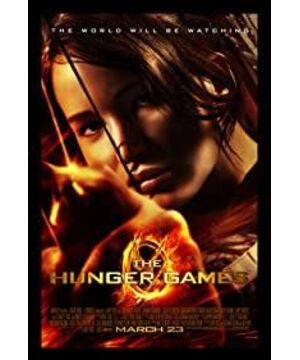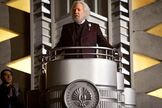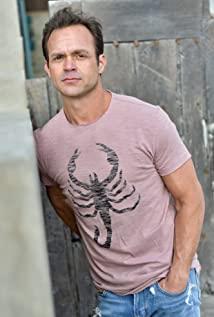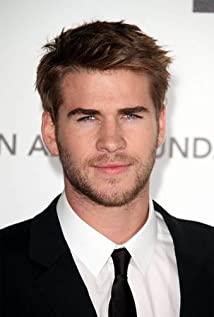The story shown in the film "The Hunger Games" also confirms this distorted world. A future New Deal in North America, in order to maintain its hegemonic position, stipulates that each of the 12 regions under its jurisdiction must elect 2 candidates to participate in the Hunger Games, and only one of the 24 people can survive. The arena is a fighting battlefield built by the government. Every obstacle and every plot is determined by the game makers, in order to increase the fun and visibility of the killing game, so as to win the sponsorship of the audience and absorb their loyalty. The contestants who are forced into the killing game are like the protagonist of the story, Katniss (Jennifer Lawrence), who resisted the Hunger Games from the beginning: not communicating with the previous winner, not cooperating with another contestant also from District 12 Peeta (Josh Hutcherson) is a fake couple's show. Later, in order to survive, he took the initiative to cater to Peeta's partner couple. After winning the game, he calmly showed the redemption of love and the happiness of being alive on the show. A game changes a person. While we feel that the government is very clever, we also see the desire in the depths of our hearts, which can bring all the meanings and values in the orderly world—whether it is ethics, morality, love, compassion, into one. A disintegration.
What will life become when the value is gone and all that is left is desire? This is the most serious reflection the film brings to us. If the "Fifth Million Merits" of the Black Mirror series reflects the devotion of human values by materialistic consumerism from the perspective of the ruled from the bottom up, then "The Hunger Games" is to rule from the top down. The author's perspective reflects the dangers of a highly capitalist development where the logic of desire and consumption prevails. The story is just a secular world created by the author. In this world, he uses the vulgar hypocrisy of desire to subvert the impregnable value of the value. The world he ridicules—those hypocritical ideals and fragile values, but with our real world. Just as alive.
At the end of the filming of "The Hunger Games", it actually laid various foreshadowings for the sequels (the sequels are said to be "The Fire of Mars" and "Free Dreams"), and the film obviously does not recognize that this lack of value will be the ultimate way out for the world. But after tearing off the mask of value and denying worldly desires, where will people go? This is the answer we need to continue to seek in the film world, and it is the result we are looking for in the real world.
Life is an allegory, and movies always make people understand some secrets in a certain way. And I was just "looking at the red dust with my eyes open to the sky, my poor body is the person in my eyes".
View more about The Hunger Games reviews











